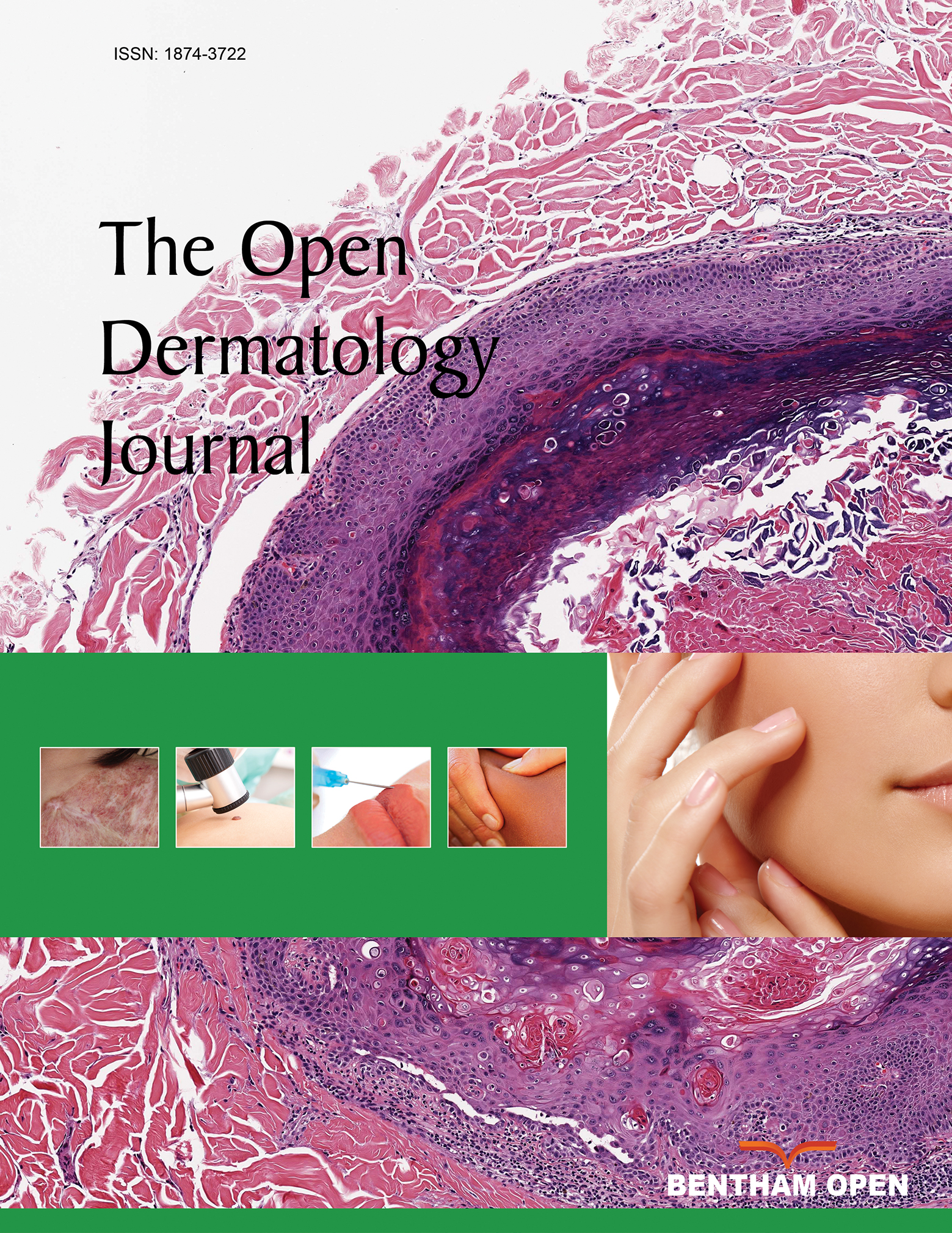All published articles of this journal are available on ScienceDirect.
U.S. Dermatology Faculty Evaluation by Residents: Results of a National Survey
Abstract
Although the Accreditation Council for Graduate Medical Education (ACGME) requires regular resident evaluation of faculty, little is known about the process. The program directors of 112 ACGME-accredited dermatology residency programs were mailed a twenty-item survey and asked to return a blank copy of any evaluation form(s) used to evaluate faculty at their program. Eighty-seven percent returned the completed survey (97/112) and 48% (54/112) returned copies of the faculty evaluation forms used. Approximately two-thirds of respondents were residency directors (63%) and one-third department chairs or section heads (33%). Ninety-six percent reported that residents evaluated dermatology faculty, and the vast majority (92%) had residents evaluate faculty anonymously. Evaluations were most often a paper form distributed to resident mailboxes (33%) or an electronic form sent to resident email accounts (29%). Only 4 programs used different forms to evaluate faculty in different dermatology subspecialties (e.g. dermatopathology vs pediatric dermatology). The most common components of the evaluations asked residents to rate faculty teaching (50/54), to fill in any additional comments about the faculty member (50/54), and to rate faculty availability/accessibility (40/54). Faculty evaluations by residents were most frequently regarded as somewhat important (67%) or very important (18%) for faculty promotion. Survey respondents’ additional comments cited the increasing importance of faculty evaluations in influencing promotions and improving teaching, the critical necessity for assuring residents’ anonymity, and concern regarding the possible negative impact of invalid assessments.


